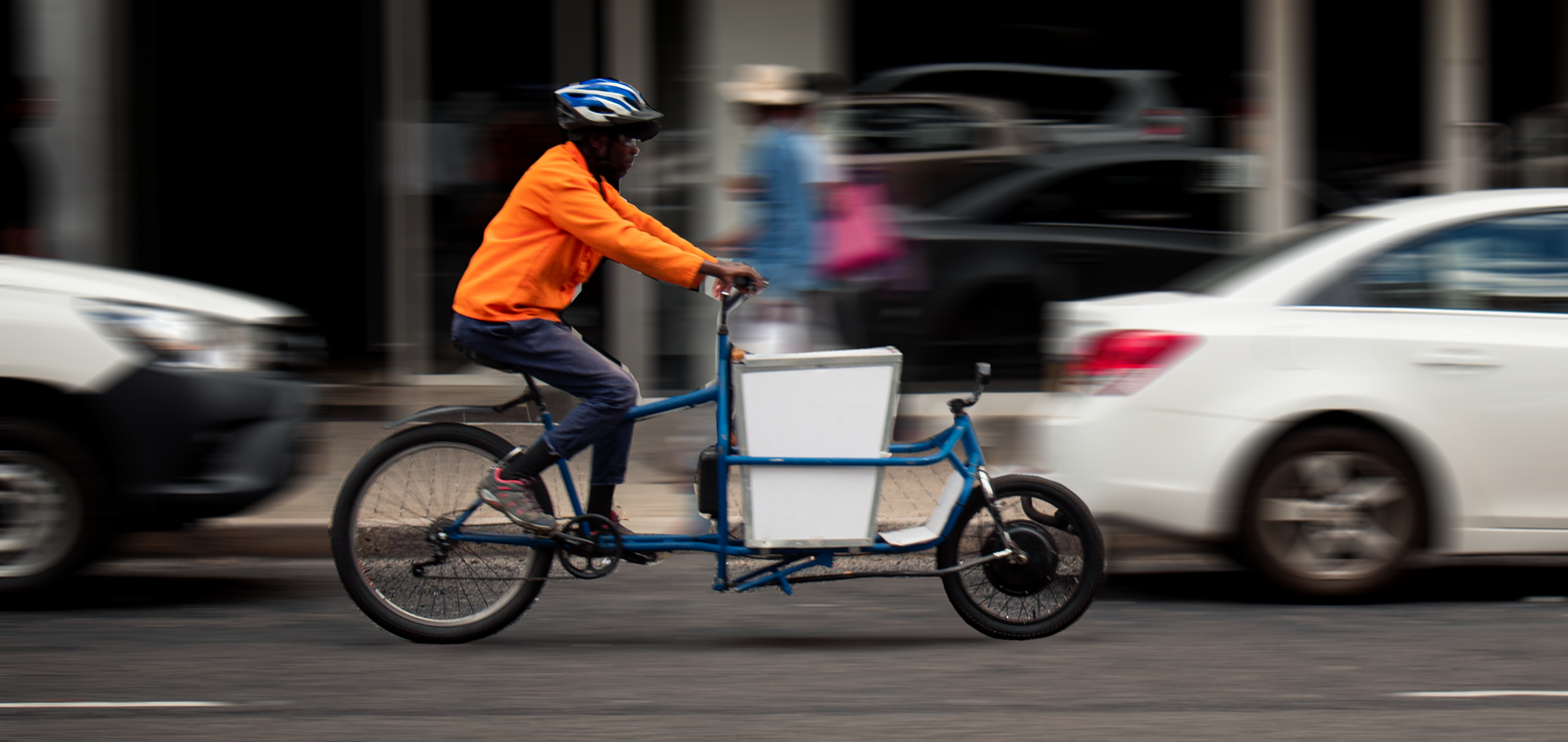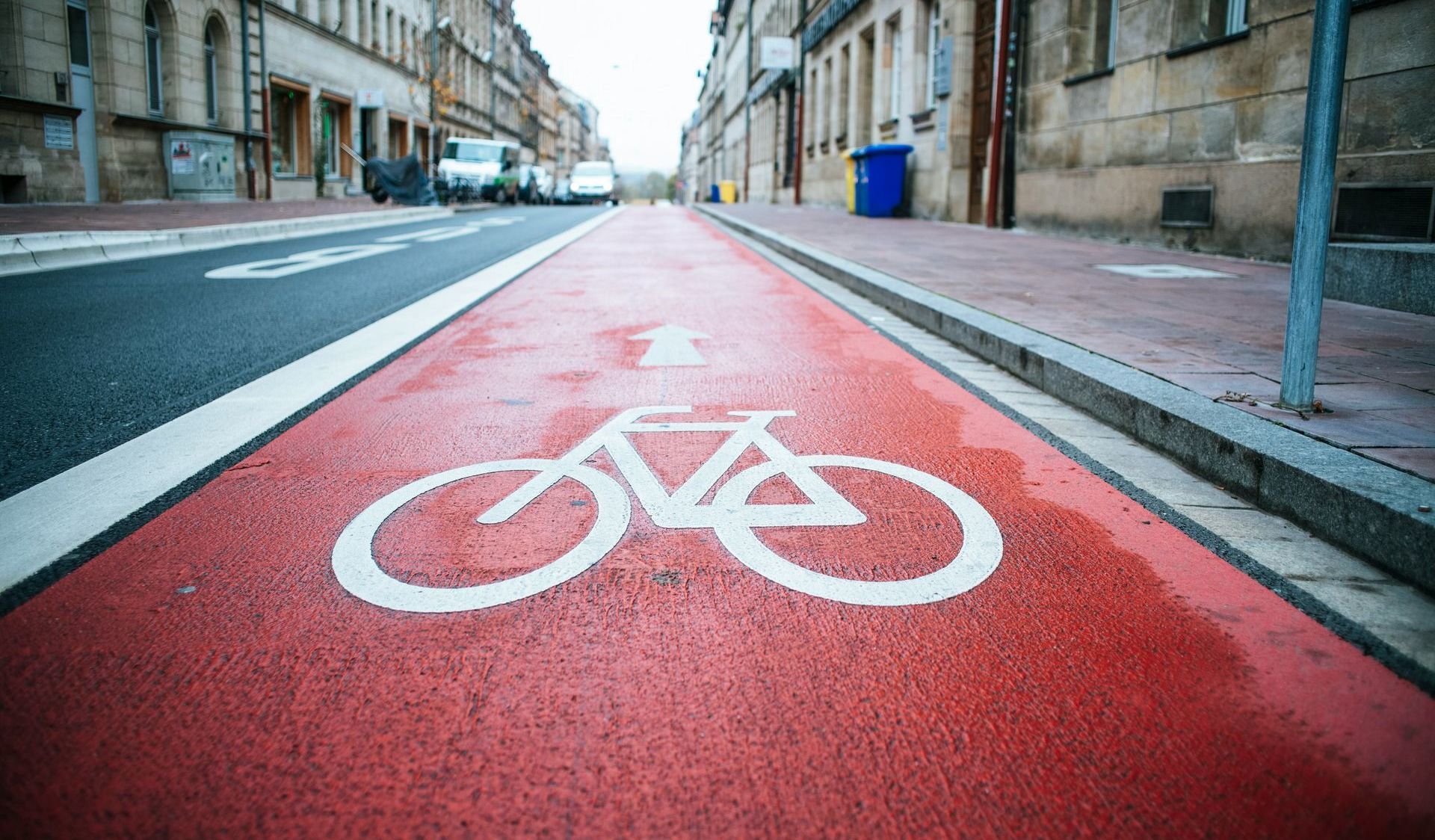EBIKES4WINDHOEK
Driving Sustainable Mobility in the Capital
Windhoek is embracing the future of urban mobility, and EBIKES4WINDHOEK is at the forefront of this transformation. This initiative will deploy 1,000 electric bikes, providing an affordable, sustainable, and efficient transport solution for daily commuters, delivery services, and local entrepreneurs.
A Project Aligned with Windhoek’s Mobility Vision

EBIKES4WINDHOEK is built on the Sustainable Urban Transport Master Plan (SUTMP), the city’s legal framework for modernizing transport with a focus on Non-Motorized Transport (NMT) and reduced emissions. The project aligns with existing e-bike initiatives, including:
- GIZ-supported pilot programs promoting e-bike adoption
- The Bicycle Empowerment Network (BEN) Namibia, working on local cycling initiatives
- City-led plans to expand cycle lanes and pedestrian-friendly infrastructure
The Global Rise of E-Bikes
E-bikes are transforming urban transport worldwide due to their low operating costs, zero emissions, and ability to ease congestion. Countries like the Netherlands and Denmark have built extensive cycling infrastructure, while China has seen mass adoption of e-bikes as a replacement for petrol scooters. In Rwanda, e-bikes are rapidly becoming a preferred choice for delivery services, highlighting their potential across Africa.
E-Bikes in Africa & Our Experience
Africa faces high fuel costs, last-mile transport challenges, and limited public transport options, making e-bikes an ideal solution. Our models, including the African BushBike & Cargo E-Bike, are designed for durability, while MicroFactories and E-Hubs provide local assembly, job creation, and solar charging solutions.
Making E-Bikes Work for Windhoek
The city faces challenges such as high transport costs, traffic congestion, and insufficient cycling infrastructure. EBIKES4WINDHOEK tackles these issues by:
- Expanding cycling lanes to improve safety and accessibility
- Deploying battery-swapping and solar charging stations
- Providing affordable leasing models like PAYGo and community ownership
The Benefits of a Strong NMT Sector
Investing in Non-Motorized Transport (NMT) offers several advantages:
- Healthier Communities: Promotes active lifestyles, reducing the risk of chronic diseases
- Cleaner Air: Reduces pollution and improves urban air quality
- Cost Savings: Cuts transport costs for commuters and businesses
- Better Accessibility: Ensures mobility for all, especially low-income residents
- More Livable Cities: Reduces congestion and enhances urban safety

Learning from Global Success Stories
A prime example of a city excelling in sustainable urban mobility is Copenhagen, Denmark. With an extensive cycling network, dedicated bike lanes, and integrated urban planning, Copenhagen has successfully made bicycles the preferred mode of transport for nearly 50% of daily commuters. The result? Reduced congestion, improved public health, and a higher quality of life for residents.
Why E-Bikes Are the Future
E-bikes provide a scalable, cost-effective, and sustainable mobility solution. To make this vision a reality, we need:
- Improved urban planning for cycling infrastructure
- Policy support for e-mobility incentives
- Greater adoption of e-bikes for personal and business use
E-Hubs in Windhoek
Join us in shaping a cleaner, more connected city!
